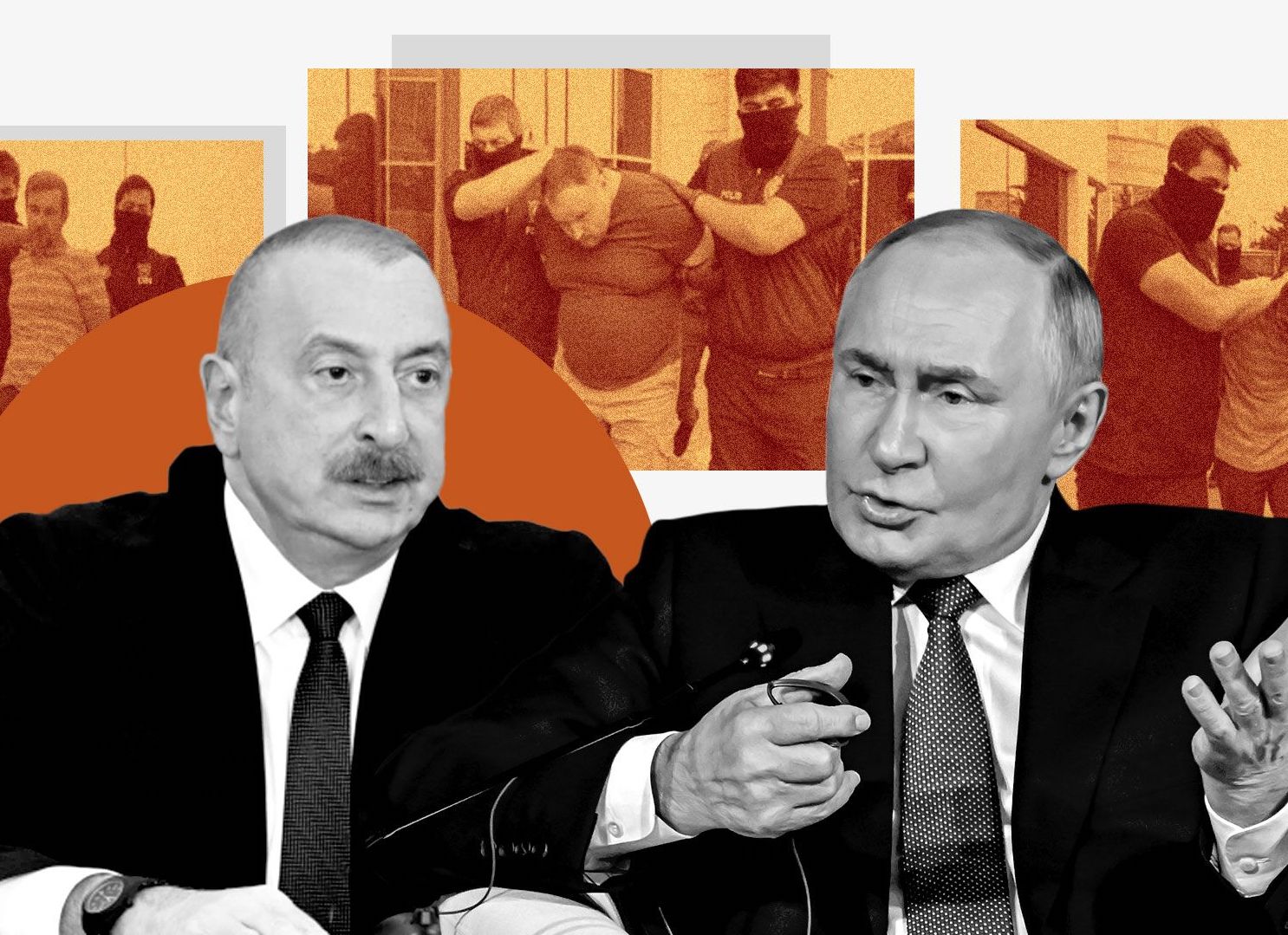Russia May Provoke Conflict with Azerbaijan

Head of Ukraine’s Center for Countering Disinformation under the National Security and Defense Council, Andriy Kovalenko, made a high-profile statement warning of a possible attempt by Russia to destabilize the situation in the South Caucasus. According to him, the Kremlin may provoke a new wave of tension in relations between Moscow and Baku.
“Azerbaijan has effectively left Russia's sphere of influence, and any attempts to pressure it are not a sign of strength, but rather of Moscow's weakness”, Kovalenko stated.
In recent months, Azerbaijan has increasingly pursued an independent foreign policy, strengthening ties with Turkey, China, and Western countries. Baku is also actively involved in energy projects that bypass Russian interests, including alternative gas supply routes to Europe.
Azerbaijan's refusal to deepen military cooperation with the CSTO, its lack of support for Russian initiatives in international institutions, and its growing bilateral relations with Ukraine have caused irritation in the Kremlin.
According to Ukrainian analysts, Russia may resort to hybrid pressure tactics, including:
- Information campaigns targeting the Azerbaijani leadership;
- Border provocations, possibly involving the activation of armed groups in the region;
- Manipulation of the Armenia-Nagorno-Karabakh issue, despite the withdrawal of Russian peacekeepers;
- Economic and transit pressure – for instance, through the North-South transport corridor.
“Moscow may use Armenian-Azerbaijani tensions as a pretext to re-enter the region under the guise of a 'peacekeeping' mission, but with a more aggressive mandate”, experts at Ukraine’s Center for Strategic Communications believe.
Experts stress that any new conflict in the South Caucasus would have international repercussions, given Azerbaijan’s strategic role as an energy supplier to Europe and a key player in transportation corridors. Attempts to destabilize the region could be viewed as part of the Kremlin’s broader pressure campaign amid stagnation on the Ukrainian front.
Kiev’s statement serves not only as a warning to its allies, but also as a signal of expanding geopolitical confrontation. Azerbaijan, having strengthened its regional position, could become the next target of Russia’s “hybrid warfare”. As Moscow’s influence over the post-Soviet space weakens, the Kremlin may attempt to reassert control at any cost – even at the price of a new conflict.
 Latest news
Latest news Latest news
Latest newsTrump and Putin Prepare to Meet Ahead of Zelensky’s White House Visit: A New Phase of Diplomacy or Pressure on Kyiv?
17.Oct.2025
A Shadow over the Russian-Azerbaijani Thaw: What Lies Behind the Arrest of Former Presidential Chief of Staff Ramiz Mehdiyev?
16.Oct.2025
Russia and Syria: A New Chapter in Relations After the Coup
16.Oct.2025
NATO and EU Join Forces to Build a “Drone Wall”
15.Oct.2025
Trump: New bonds of friendship to join Armenia to Azerbaijan
14.Oct.2025
UK to lift its arms embargo on Armenia, Azerbaijan
14.Oct.2025
Russia Opens New Criminal Case Against Opposition Figure Khodorkovsky
14.Oct.2025
Expert analysis by Tigran Khzmalyan: If Pashinyan wins again, Armenia will fall completely under Russia’s influence
14.Oct.2025
The Kremlin Warns the West of Dangerous Escalation: U.S. Plans to Supply Tomahawk Missiles to Ukraine
12.Oct.2025
Moscow Admits Guilt for Downing Azerbaijani Plane: Putin and Aliyev Show “Mutual Understanding of Authoritarian Allies”
10.Oct.2025

 21 Oct 2025
21 Oct 2025








